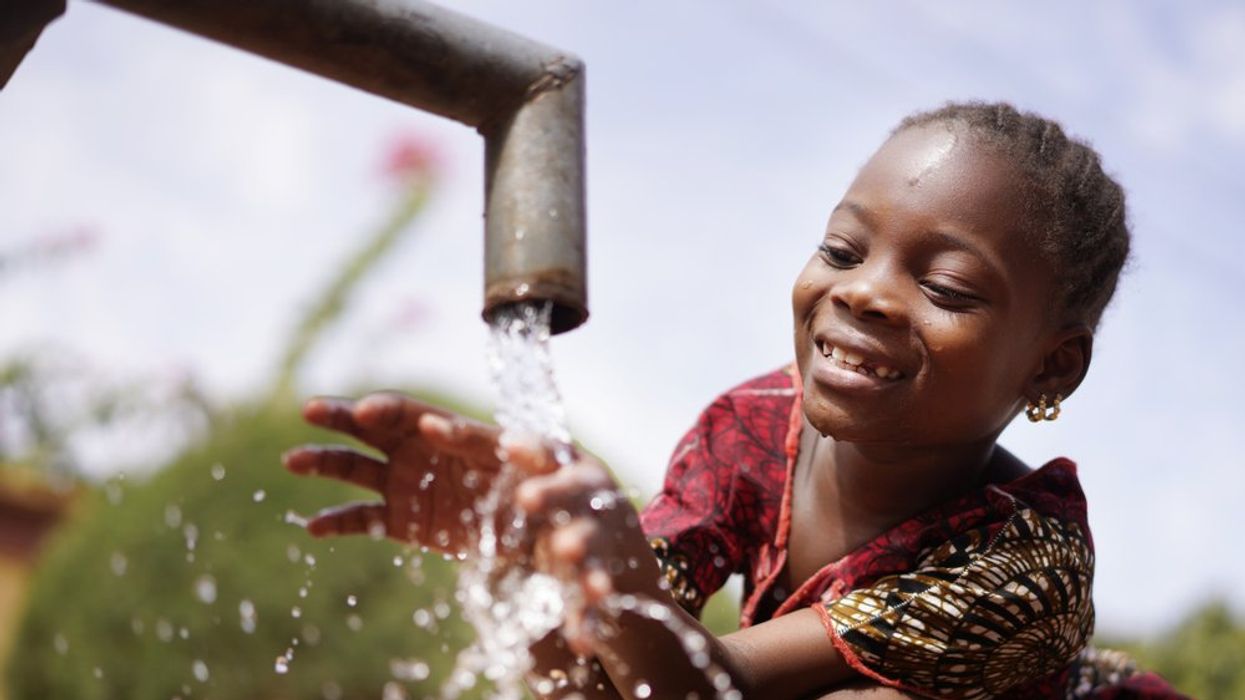Approximately 2 billion people worldwide do not have access to clean drinking water, according to the United Nations World Water Development.
The report was released Wednesday at the UN water conference, which was the first major convention dedicated to water since the 1970s. It found that 46 percent of the global population (3.6 billion people) also do not have sufficient sanitation services.
Many low-income nations are already facing droughts and water insecurity due to the effects of climate change, which the report warns will worsen if global efforts are not made to curtail emissions and pollution.
"Seasonal water scarcity will increase in regions where it is currently abundant — such as Central Africa, East Asia and parts of South America — and worsen in regions where water is already in short supply, such as the Middle East and the Sahara in Africa," it explains.
A shortage will negatively impact crops, as agriculture consumes 70 percent of freshwater globally. The agriculture industry also competes for the resource with one-third of cities around the world, and the report found that urban demand for water is expected to increase by 80 percent in the next thirty years.
"Water insecurity leads to a number of other insecurities. If you don't have enough water to grow food, you will end up with food insecurity," chief editor of the report Richard Connor told NPR. "Ironically, we're talking about the same water that is needed to grow the crops to feed the cities. So there has to be a greater cooperation agreement, [an] approach, to meet both the needs of cities that are rapidly expanding in many parts of the world and the farmers."
The report recommends investing in water funds that facilitate good farming practices and develop water sheds. Though experts stress that the real solution lies in combatting climate change. To Connor, water must not be treated as a commodity, but as a human right and a shared resource.
"With increasing demand, with population growth and more vulnerable resources because of climate change, this cooperation is becoming – has always been essential – but now it's even more essential if we're going to solve any of these problems," he said.
- Plastic Water Bottle Sales Boom With 1 Million Sold Every Minute ›
- Global Water Crisis Could 'Spiral Out of Control,' UN Warns ›



















































